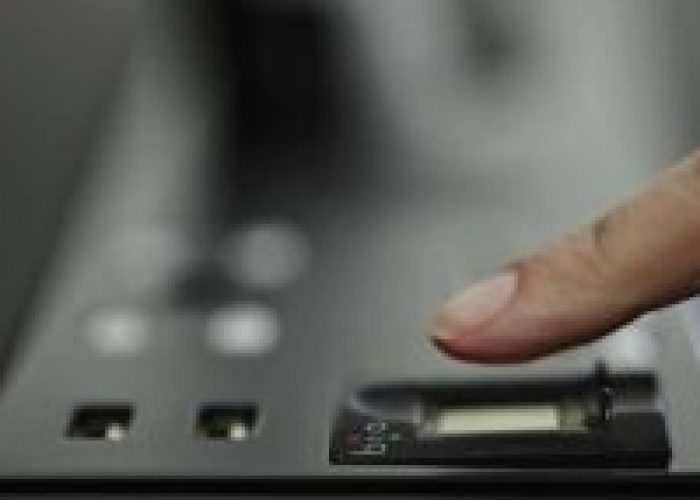



Zimbabwe will now have to bank on biometric technology to manage the rising wage bill and get rid of ghost workers. I mean the government might finally do away with the ghost workers that has haunted it for years, with the wage bill becoming unsustainable leading the Treasury to struggle to pay the ‘real’ civil servants and pensioners.
How? Well, according to the President, the government is going to introduce a biometric register which will digitize the data of its more than 500 000 civil servants on the Government payroll and uncover nearly 70 000 irregular employees who could either be ghost or ‘double salaried’ employees. Talking about the biometric register, President Mnangagwa said
A time-lined raft of measures on that front will be announced soon, including an exercise in developing a biometric register of all civil servants on Government payroll which should eliminate leakages through ghost workers.
The government suspects that unscrupulous government officials are siphoning money in the name of non-existing workers who continue to receive salaries and benefits of the civil service. So, by utilizing a biometric identification system to eliminate ghost workers, the civil servants can be uniquely identified thus virtually eliminating duplicate registration in any form and eradicating ghost worker payroll fraud.
It’s not yet clear how the government will do it but in Kenya, which is one country that introduced biometric registration for the same purposes asked civil servants, “ to present an original national ID card, a completed biometric data form, original academic and professional certificates, letters of first and current appointments, a current payslip and a birth certificate”. All these things are unique and issued by different institutions, so to create ghost workers is impossible since all those institutions would have to collude (which is unlikely). But with the supposed cartels ruling the country, you never know.
By taking a look at these stats, it’s a no-brainer that the government will achieve so much efficiency if it implements (correctly) the biometric technology. The government has historically flirted with the idea of introducing the biometric technology but it never amounted to anything. We just hope that it’s not all talk.
The Republic of Zimbabwe is a country located in the Southern Africa region. Its capital city is :Harare and the country has 10 provinces. Zimbabwe is 390,580 sq km and is bordered on all sides by other countries (Zambia in the north, South Africa in… Read More About Zimbabwe
The post Biometric Registration To Be Introduced To Get Rid Of Ghost Workers, Says The President appeared first on Techzim.